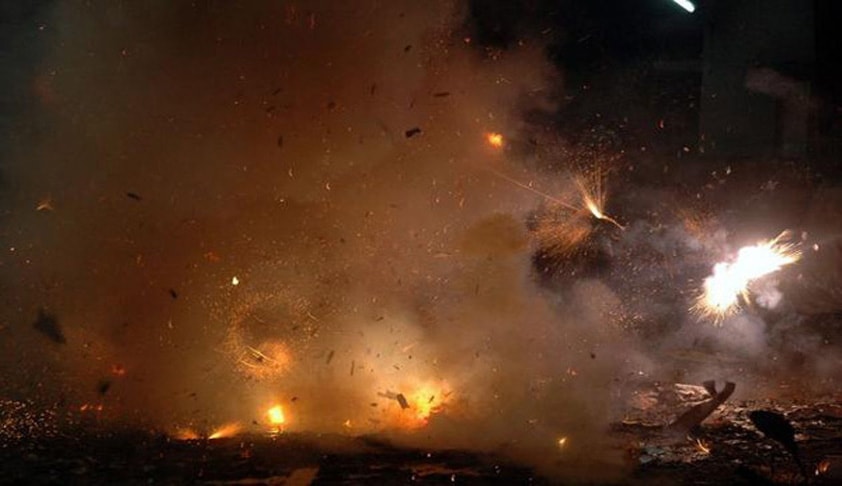In a startling disclosure, the petitioners in the cracker-pollution case, filed by infants Arjun Gopal and others, have alleged that the Central Pollution Control Board suppressed the relevant information to the Supreme Court, which led to its relaxation of its previous ban on crackers, on September 12.The CPCB, it has now been disclosed, has taken a stand nearly 20 years ago that Sulphur...

